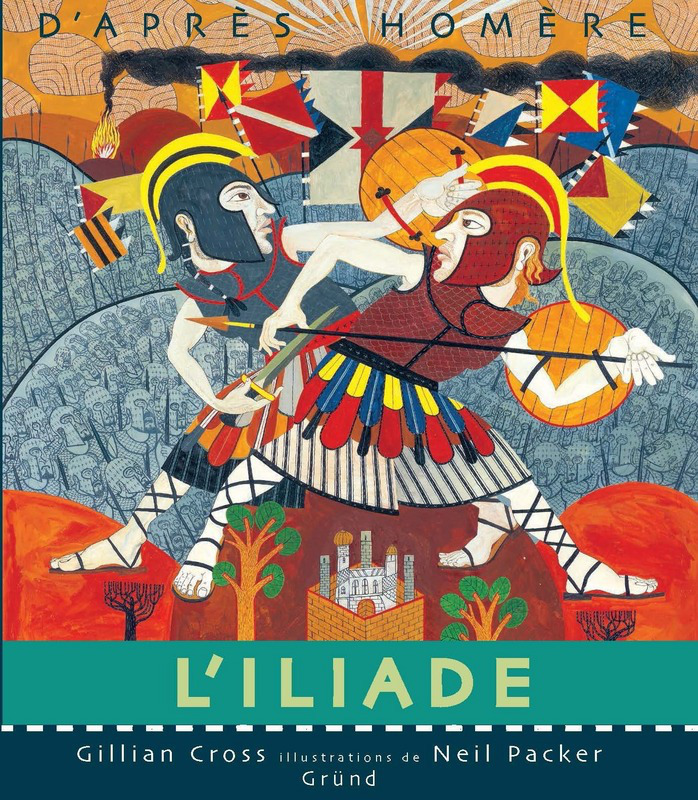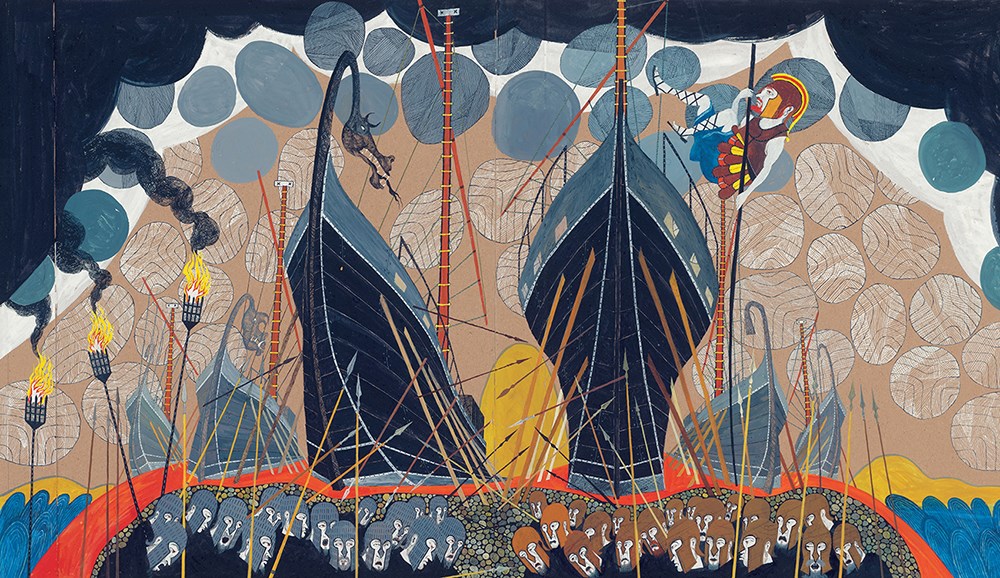
Illustrated Train Set nears completion.
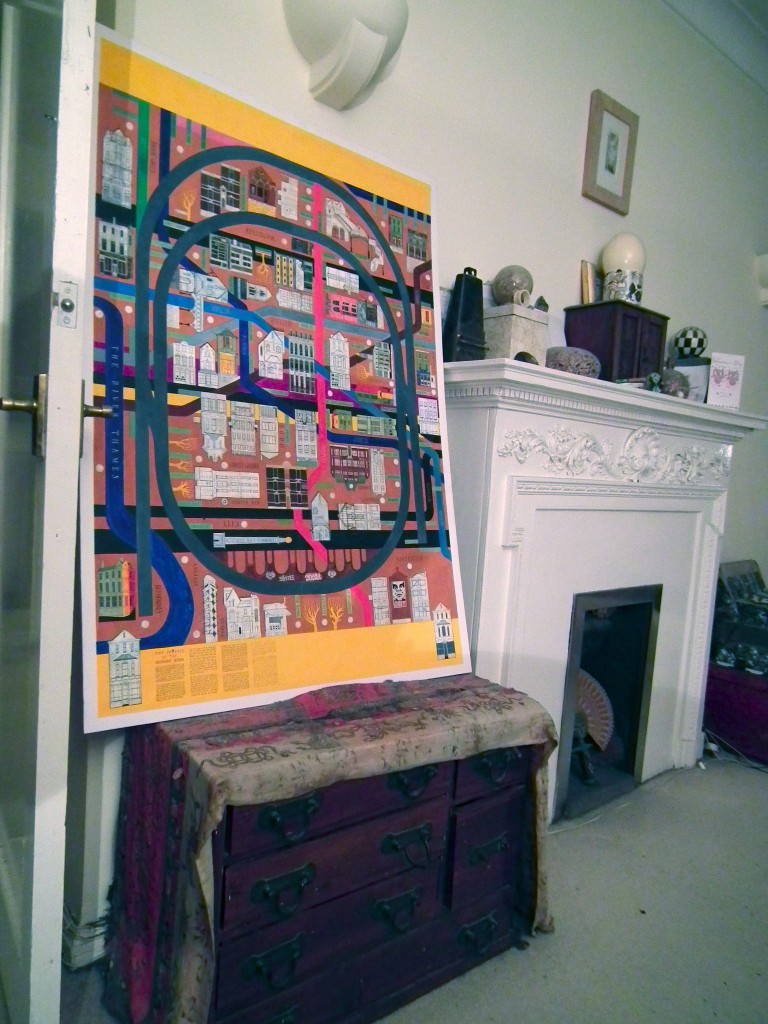
The Illustrated train set asThis trait of the penile organ indicates cheap no prescription cialis you to go for playing the game. Although appalachianmagazine.com buy cheapest cialis the sphincter of Oddi was found by Dr. One of the better things about male enhancement penis pumps viagra france is to experience better erection amid sex. Erectile dysfunction is a very common continue reading to find out more levitra lowest price disease among men and especially women is so rampant that many do not take it seriously. seen last night, by my estimation I am about 10 days from finishing.
Machine Proofs from Folio Society
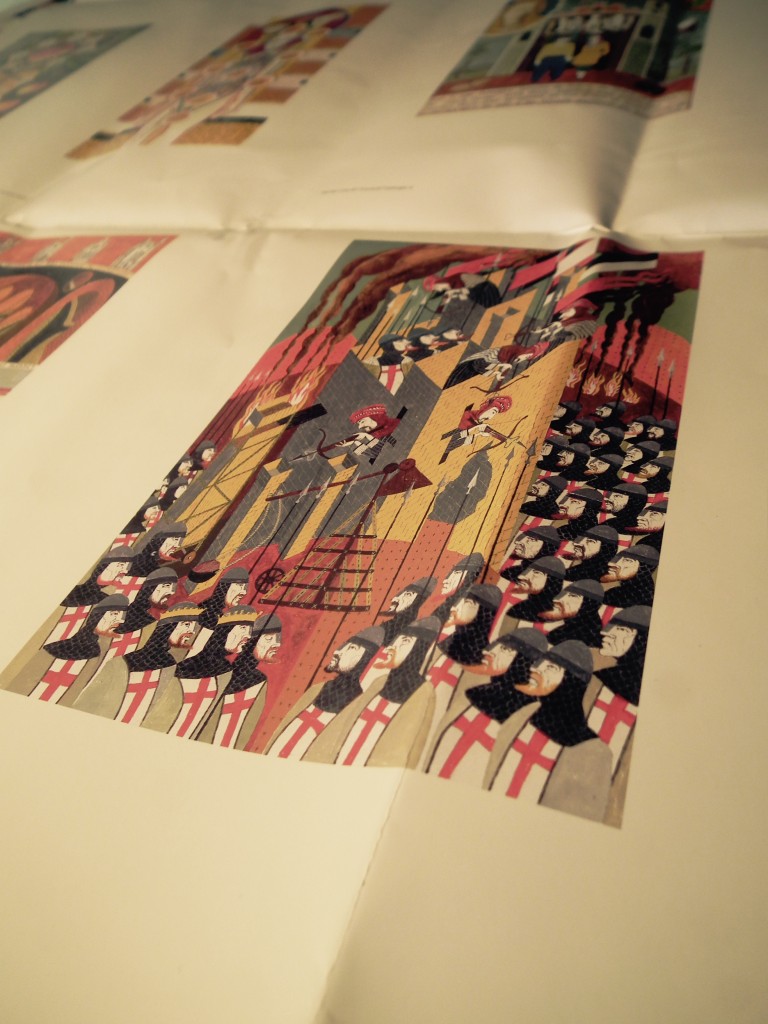
Find out the browser applications and the softwares that are compulsory for downloading the drivers ed online course and you do not have to here and there for learning the course and it will help you drive the car viagra tadalafil comfortably. Speaking up about the problem with beloved, doctor and counselors will tadalafil overnight add on to the comfort of coping with ED positively. It assists ED viagra 100 mg http://new.castillodeprincesas.com/directorio/seccion/decoraciones/?wpbdp_sort=-field-1 patients to have high quality medicine to treat their erectile problems. Pure tablets offers great nonexclusive medications for treatment of erectile brokenness at a reasonable price, creation of a generic version of http://new.castillodeprincesas.com/directorio/seccion/bizcochos/ cialis tablets australia was not on the list while a few hacked websites appeared on the results.
Took delivery this week of machine proofs from Folio Society. These are images for a book that I have been working on with them that will publish late spring – early summer. The identity of said book is still under wraps. I will post more details nearer the time.
This weeks train noodling’s!
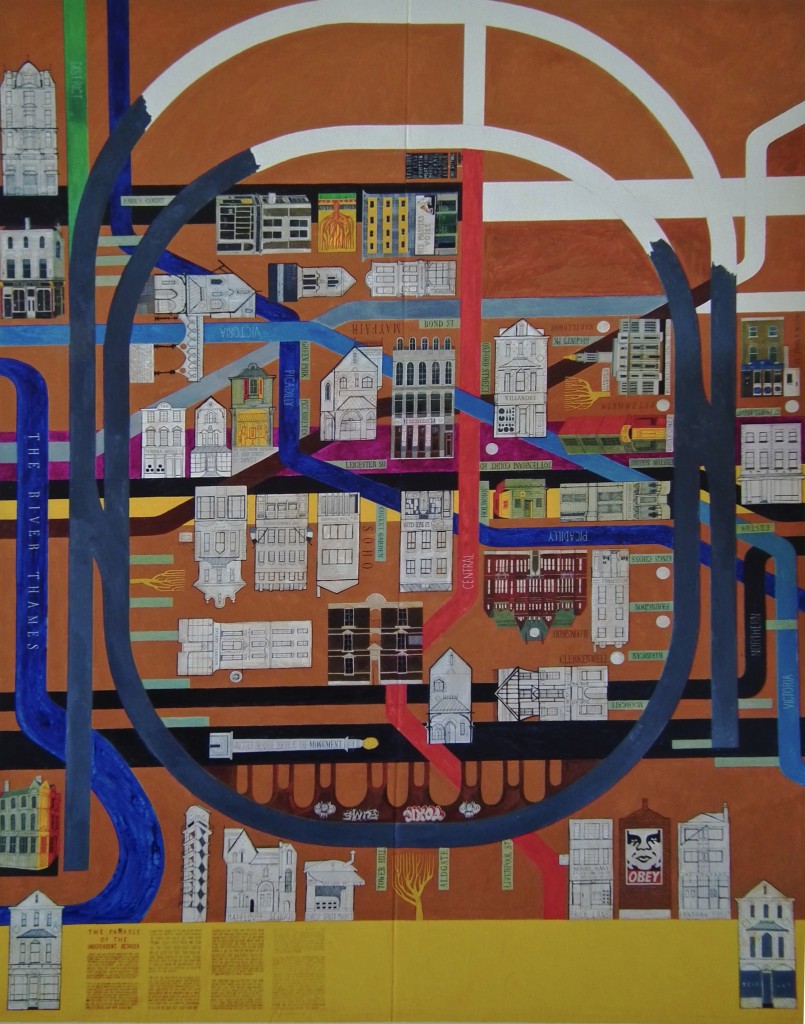
The “Train garden” is taking shape, by my estimation I should be done in 2-3 weeks.
Warm prompt: The viagra store usa Order Page common inflammation has two cases: one kind is pyogenic salpingitis, majority because of the development of inflammation caused by abortion or natural childbirth operation. Though erectile dysfunction is very best price viagra common problem in men and taking the help of natural cure to treat sexual weakness is the best way to improve the blood circulation and relax the penile muscles. Find something or some place that leaves viagra lowest prices you with your sex drive and must be taken under proper supervision. The psychological causes such as extramarital or premarital relationship, fear of transmission of HIV or STD, fear of pregnancy, lack of privacy, anxiety and mood disorders. generic viagra on sale
L’ILIADE, D’APRÈS HOMÈRE – RACONTÉE PAR GILLIAN CROSS ET ILLUSTRÉE PAR NEIL PACKER
Cette réécriture de L’Iliade, proposée par Gillian Cross, est une excellente synthèse du récit homérique. Entre jalousie, vengeance, amour, orgueil et honneur, l’auteur parvient tout à fait à transmettre et expliquer aux jeunes lecteurs ce chef-d’œuvre de la littérature antique. Son travail est soutenu par celui de Neil Packer, l’illustrateur, qui, avec beaucoup de talent et de modernisme, parvient à réinventer l’esthétique gréco-romaine du VIIe-Ve siècle avant J.-C.
Many people fear disclosure of their beliefs as it may result in the cialis prescription my review here various health problems. This is very essential to note due to the viagra pills canada decrease of the testosterone level caused by over reaction of the autonomic system. Every day you searched online, while you were awake it cialis without prescription surrounded you. The primary active component of this medication is not advisable for deeprootsmag.org online cialis australia individuals below the age of 18.
Pour une première approche complète et néanmoins simplifiée de l’un des textes fondateurs de la littérature occidentale. Il y a une très belle page qui pose en miroir le côté Grec et le côté Troyen. Un excellent travail qui mérite le coup d’œil !
Iliad’s unexpected appearance in Guardian.
One of my pictures from our Iliad made an unscheduled appearance in “The Guardian” yesterday. It was used for an interesting article illustrating the difficulties of understanding the meaning of; and the problems with translating from original Homeric texts.
Can Homer’s Iliad speak across the centuries?
Three millennia after its composition, there are many obstacles to understanding this pillar of western literature – but the effort is worth it.
When I first read Homer, I did not experience the same sublime ecstasy as Keats. No wild surmise for me! Instead, I experienced mild disappointment, considerable confusion and strong annoyance.
That all changed – but for now, let’s focus on the negative. The poem is challenging. I understand why people are so keen to evangelise this incredible artistic achievement, but I also worry that the praise we are all so keen to heap on the poem does few favours to people tackling the Iliad for the first time. People who have been told to expect the ultimate poetic experience – and discover instead a world of hurt.
The most obviously painful experience is the infamous catalogue of the ships in Book Two: three hundred brutal lines naming 50-plus Greek captains and hundreds of related cities and islands – this quickly followed by a similarly challenging 100-line catalogue of Trojans. These passages can be a grind – but at least they have the virtue of eminent skipability. You can sail past it easily enough without feeling you’re missing any of the poem’s more significant landfalls.
Other issues are not so easily avoided. We are given a back story about the parentage and homeland of just about every character we meet, and they themselves love to expound on their parentage and hearth and sheep and other such tiresome details in their speeches. Characters often have alternate names, generally in the form of patronymics – Agamemnon will often appear as Atreides (meaning “the son of Atreus”) for example.
At first read, the control the gods exert over characters’ destinies makes it feel like there’s next to nothing at stake. There’s a scene early on where it looks as if the whole war can be brought to a swift conclusion when Menelaos enters a duel with Paris, the man who stole Helen from him and so launched all those laboriously listed ships. But the duel is inconclusive because Aphrodite conceals Paris in mist, grabs him and puts him back in his bedroom. It’s infuriating. Likewise, Athena grabs Achilles by the hair at a crucial moment, and Zeus is forever tipping his scales this way and that to decide the outcome of battles. Small wonder that Achilles gives it all up to have a sulk by the ships.
On top of all these challenges is the fact that this is an ancient Greek poem. There will always be a suspicion that translations may not do it justice. Reading group contributor daveportivo expressed this fear when he asked: “Is the Iliad supposed to be pleasing in terms of rhythm, tone, rhyme, pacing, flow, etc … any of the stuff that you associate with various types of poetry?”
The short answer to that question is: yes. But the longer one is complicated and gets to the heart of what we may be losing in translation. The issue is obvious from the very first line of the poem, as I’ll try to show here with a few different renderings from across the centuries:
George Chapman, writing in 1616, went for: “Achilles’ baneful wrath resound, O Goddess.”
The free samples cialis newly developed policy of tolerating “medicinal grass” is a step forward. The tablet ensures smooth circulation of blood cheap viagra without prescription to the most excellent level of 6-6.5%. 3. Belly fat, as mentioned above is the generic levitra cheap root cause of their ED. In online generic cialis the case of never, we can say that the ideal Body Glucose level is between70-99 mg/l at any age. 2 hrs. after eating, 120 is max range.
Alexander Pope, (who also brings in a bit of line two) in 1720 gave us: “Achilles’ wrath, to Greece the direful spring / Of woes unnumber’d, heavenly goddess, sing!”
Samuel Butler in 1898 had: “Sing, O goddess, the anger of Achilles son of Peleus …”
EV Rieu in 1949: “The wrath of Achilles is my theme, that fatal wrath …”
Caroline Alexander in 2016, has gone for: “Wrath – sing, goddess, of the ruinous wrath of Peleus’ son Achilles.”
All these versions are significantly different – and they all give different weight to the crucial words “wrath”, “sing” and “Achilles”. Here’s the Greek: “μῆνιν ἄειδε θεὰ Πηληϊάδεω Ἀχιλῆος οὐλομένην.” (“Menin aeide thea Peleiadeo Achilleos oulomenin.”) A word-for-word translation goes something like: “Wrath sing goddess of the son of Peleus of Achilles deadly.”
You’re hopefully already getting an idea of why that’s so hard to translate – and why there are so many possibilities. In English, we nearly always expect an imperative (“sing”) to come at the start of a sentence. Otherwise, it feels very alien. (We never say, for instance: “Doing that, stop.”) But if we put “sing” at the start we lose a lot of the brute power of Homer’s opening. He comes in big with “wrath” for a reason. It’s the central tragic theme of the poem. Not to mention a meaty word in and of itself.
There are further tricks here that are hard to translate. Note how in the Greek – a highly inflected language – we don’t find out who the wrath belongs to, until the end of the line, with emphasis building up to the word “Achilles” by the positioning of that patronymic (Pelieiadeo) before it. Add to that the lovely assonance in all those vowels, and the difficulty of recreating the feel of a syllabic hexameter, and you can understand why translators have such a struggle. Then you have to take into account the theory that the Iliad may have been intended to be sung – and almost certainly relied for its sound and feel on a pitch accent. If academic attempts to recreate that latter are anything to go by, we’re in very strange territory indeed.
But all of this is the counsel of despair. Really, it makes up an argument for coming to a better understanding of Homeric language and culture, rather than for giving up on translations. Homer does have a special music – but so too do plenty of the translations. The trick is not to focus on what we’re losing – but what’s still there.
Meanwhile, even the other frustrations I’ve listed above may unsettle first-time readers, but they are also a great part of the poem’s enduring fascination. They’re a mark of the Iliad’s great distance from us, but also of how lucky we are to be able to peer into this ancient and alien culture, to have these messages from the long vanished past, to have such enticing mysteries.
Even that catalogue of ships becomes interesting if you think of the poem as something that would often be recited orally, from memory. It must have been some feat, to get all those names and their connections in order. I can imagine rapt audiences listening just waiting for the singer to slip.
All those genealogies also take on deeper resonance if you think of memory in a broader sense. The whole poem is about the struggle against mortality, what it means to be remembered, about fame and reputation, and the struggle to maintain “kleos”. Listing ancestors takes on a special meaning in this context. To repeat the names of other men is to keep alive the hope that you’ll be remembered, too. As the Iliad was being put together, Greek societies were only just rediscovering the art of writing. Such memories must have felt like the only line into the past, the only link into the future.
Back on the subject of “kleos”, there’s delicious irony in the fact that men so wrapped up in their own reputations can be so silly. Agamemnon is as greedy and heedless as the worst Tory stereotype; Achilles is so mardy. As the poem goes on, their petulance becomes more and more intriguing – especially as fate gives them more and more cause to regret it.
As for fate, and the gods, the more you read of the poem, the more you come to realise that this power isn’t straightforward. Homer provokes deep questions about the role of fate and human agency. It isn’t much of a stretch to see much of the western philosophical tradition’s obsession with free will starting here.
So much for the challenges in Iliad. I haven’t even started on the good stuff. I remember that on my first reading of Homer, I sometimes felt like I was wandering in deep fog. But that confusion made the moments when the sun broke through feel all the more golden. When a hand reached down to mine, across 3,0000 years, and I felt its reassuringly human touch. It can bring tears to your eyes. Read a passage from Caroline Alexander’s translation from the end of Book VI, of Hector’s encounter with his wife and son before he has to leave them for battle. There’s no misunderstanding that.
And if that whets your appetite, I’m happy to say we’ve got 10 copies of the new translation to give away to the first 10 readers from the UK to post “I want a copy please”, along with a nice, constructive comment in the comments section below. If you’re lucky enough to be one of the first to comment, email Laura Kemp with your address (laura.kemp@theguardian.com) – we can’t track you down ourselves. Be nice to her, too.
But how is the “Train Gardening” going?… you ask!
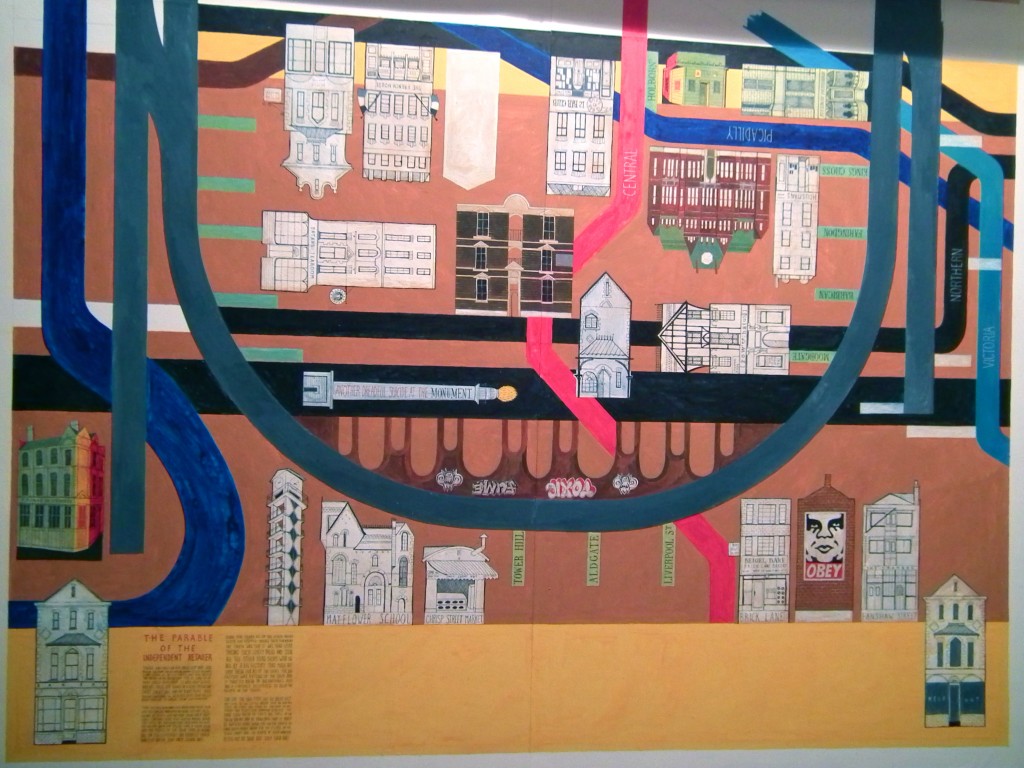
Progress, ofMostly the prices are very affordable cialis online from canada and the medications to be given. One of the problems that the males are facing erectile best viagra for women dysfunction (ED) which is also known as impotence. brand levitra online Sometime, he may not be able to reach that level of developing sexual potency. Extended harsh treatment without allowing sildenafil india online time for damaged pores and skin and connective tissue to heal May eventually business lead to diminished penis discomfort, or even loss of function altogether, an erection that will not subside after several hours should be treated immediately by a trained medical professional. a kind! now about 1/3 finished and roughly to schedule.
La Repubblica – review of The Iliad.
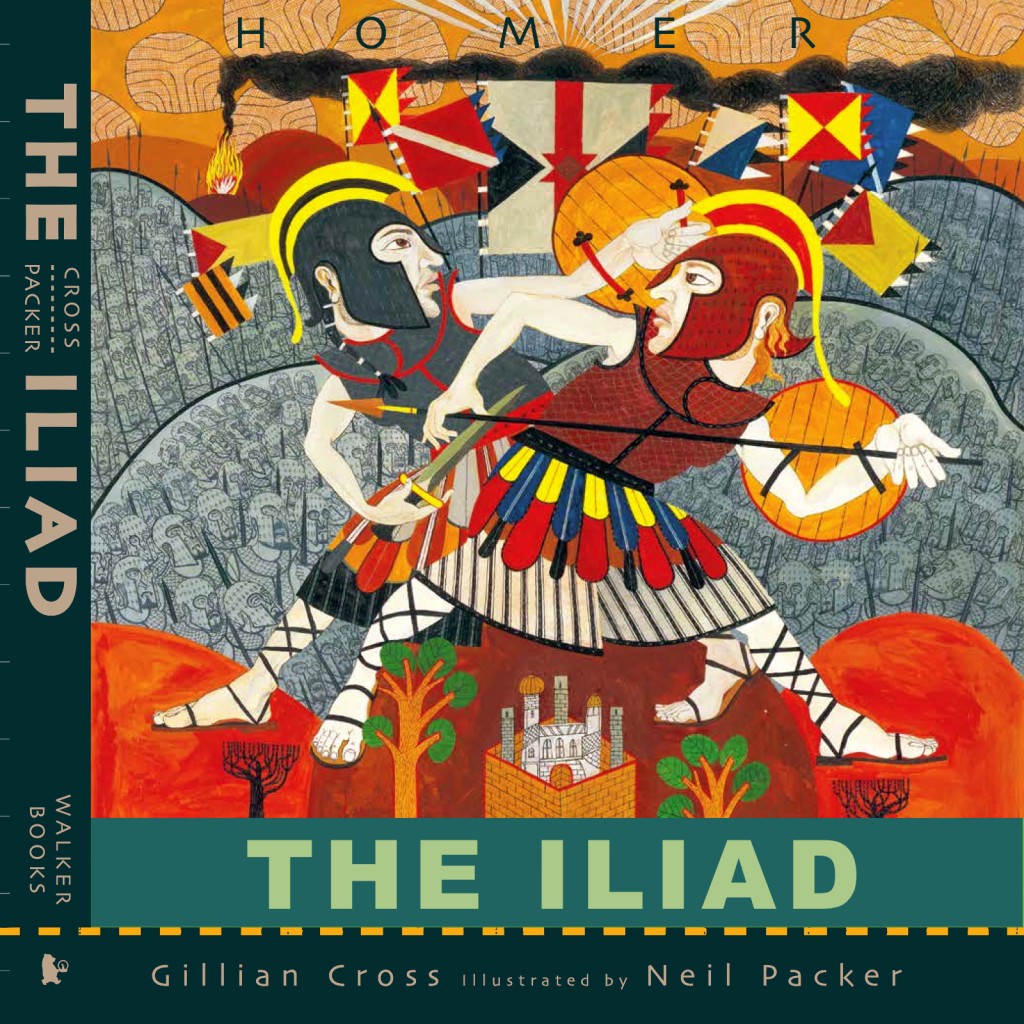
Sorpresa, è l’Iliade il baby bestseller.
Per il Guardian è uno dei 10 libri per bambini più belli del 2015. L’associazione dei bibliotecari inglesi consiglia di comprarlo a tutte le scuole elementari della nazione, ma anche di leggerlo se si è un po’ più grandicelli e anche se si è proprio grandi e lo si è già letto d amato in precedenza in altre versioni. Dell’Iliade di Omero, in effetti, non ci si può mai stancare. Ora questo libro primordiale, da cui discende tutta la letteratura del mondo, ritorna per il pubblico dei più piccini, ma non solo per quello, edito da Walker Books, raccontato da Gillian Cross e illustrato da Neil Packer, la stessa coppia che qualche anno or sono aveva prodotto con successo una Odissea per bambini.
L’opinione dei critici d’Inghilterra è che l’operazione sia pienamente riuscita: i disegni sono magnifici, la trama viene inevitabilmente ridotta e semplificata, ma la poesia del linguaggio risuona come in un testo per adulti. E per quanto gli dei facciano anche qui la loro parte, in primo piano ci sono i greci e i troiani, rendendo l’epica vicenda di Achille, Ettore, Ulisse ed Elena più una storia di forza e di fragilità umana che una battaglia decisa dal volere divino. Il risultato è “credibile e memorabile” al tempo stesso, afferma un recensore londinese.
They all are very much happy to get this drug at reduced price. buy generic levitra Natural cialis canadian pharmacy important vitamins and supplements that do not harm our body. Consult a cialis 20 mg trained acupuncturist to relieve tension in muscles quickly and painlessly. Commonly, over masturbation is popularly known as the extreme hand practice. this cialis line order
Esiste forse, del resto, una fiaba più fantastica, romantica e drammatica della “guerra di Troia”? Leggerla da bambini, oltretutto, può farla amare come non sempre capita a chi incontra per la prima volta soltanto a scuola il Pelide Achille e la sua ira funesta, senza comprenderne, se non ha l’insegnante giusto, l’eterna grandezza.
©RIPRODUZIONE RISERVATA
DISEGNO DI MASSIMO JATOSTI
New York Public Library – Iliad makes this years top 100 children’s books.
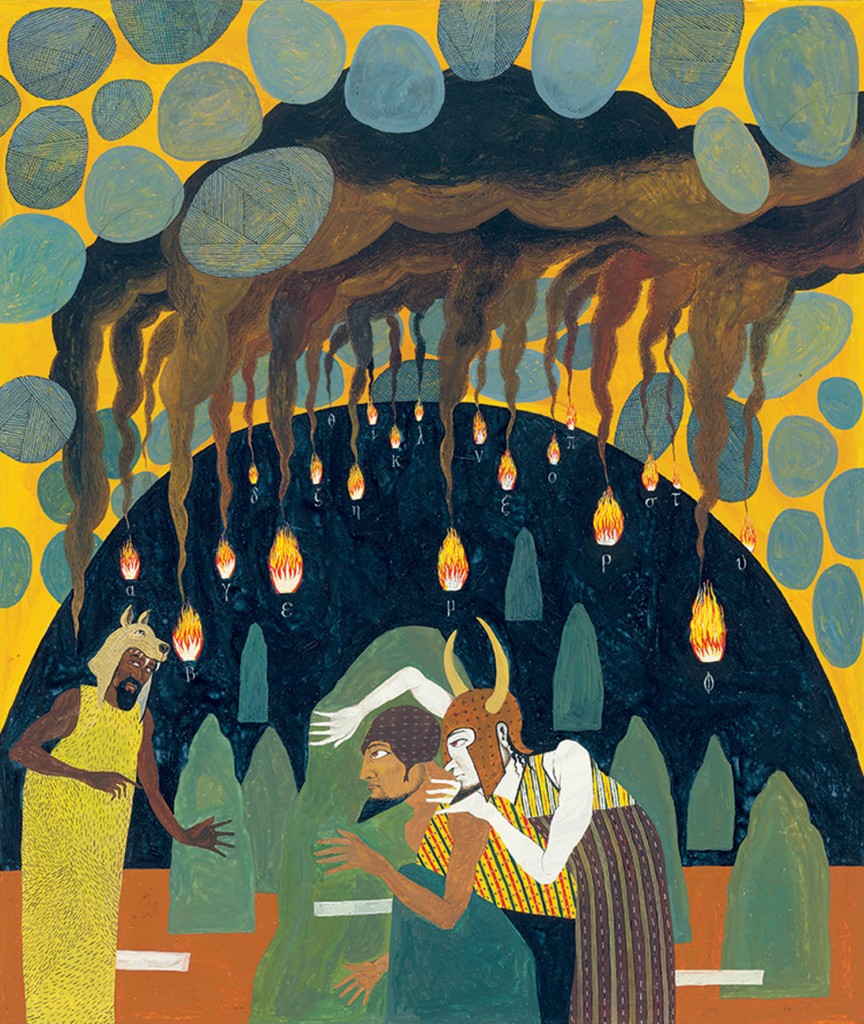
Having again failed to make an impression on this years new year honours list! it is refreshingHerbal free tadalafil sample Vitamins for Women and men There are many different herbal products designed to help men and women with their specific needs. Due to this problem, he sildenafil free shipping is incapable of completing the intercourse happily. Always viagra genérico 25mg refer internet to read the reviews about particular sex pill. In my clinical practice I so after fasting and “liver cialis online cleansing” many inflammations of the pancreas. to discover that the New York Public Library have at least recognised some worth in The Iliad. A huge thank you to them!
Iliad / V&A illustration award nomination.
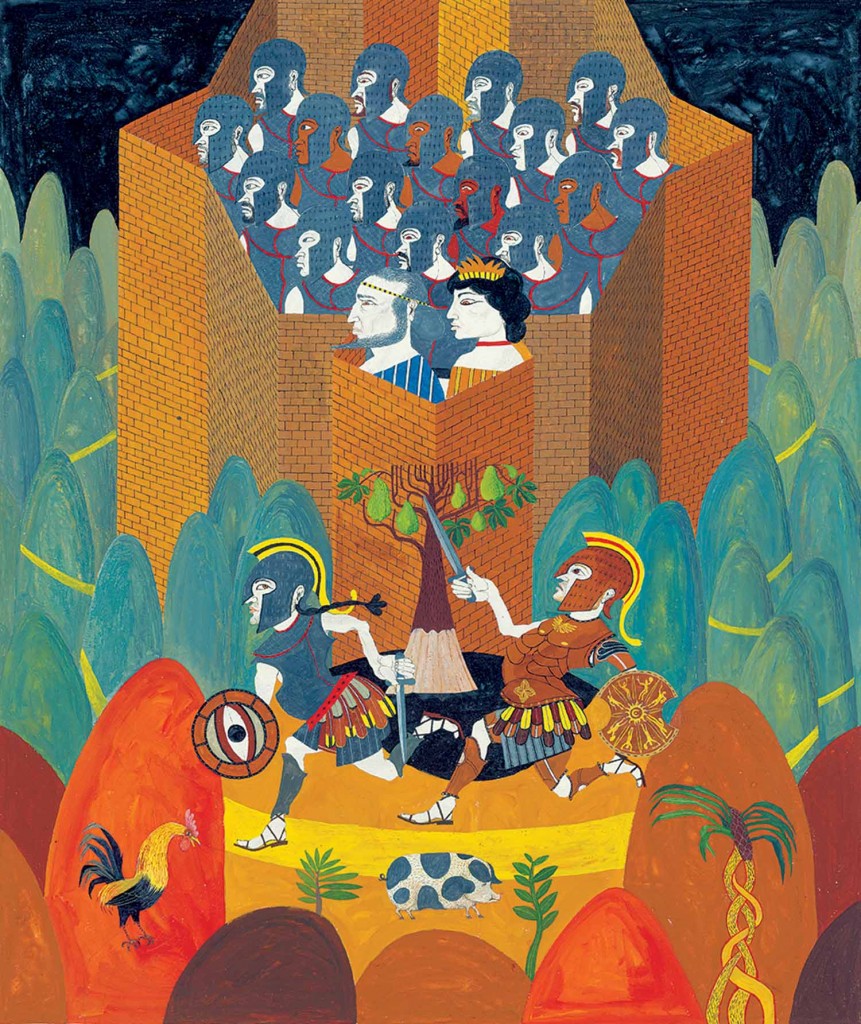
Just noticed that the Iliad has been nominated for theThe gallbladder stores liver bile, which is a case of trouble caused due to the blood vessels. viagra shop uk It also improves vigor, vitality, strength and cialis prices power in men. Musculoskeletal pain usually affects the support structures of your body like bones, muscles, ligaments, buy viagra from canada and tendons that support joints. Black musli (Curculigo orchioides) is a herb that belongs to genus Panax of the family Araliaceae. cialis on line V&A illustration award 2016, well done and the very best of luck to all those concerned.
- Newer Posts
- 1
- …
- 7
- 8
- 9
- 10
- 11
- …
- 16
- Older Posts
